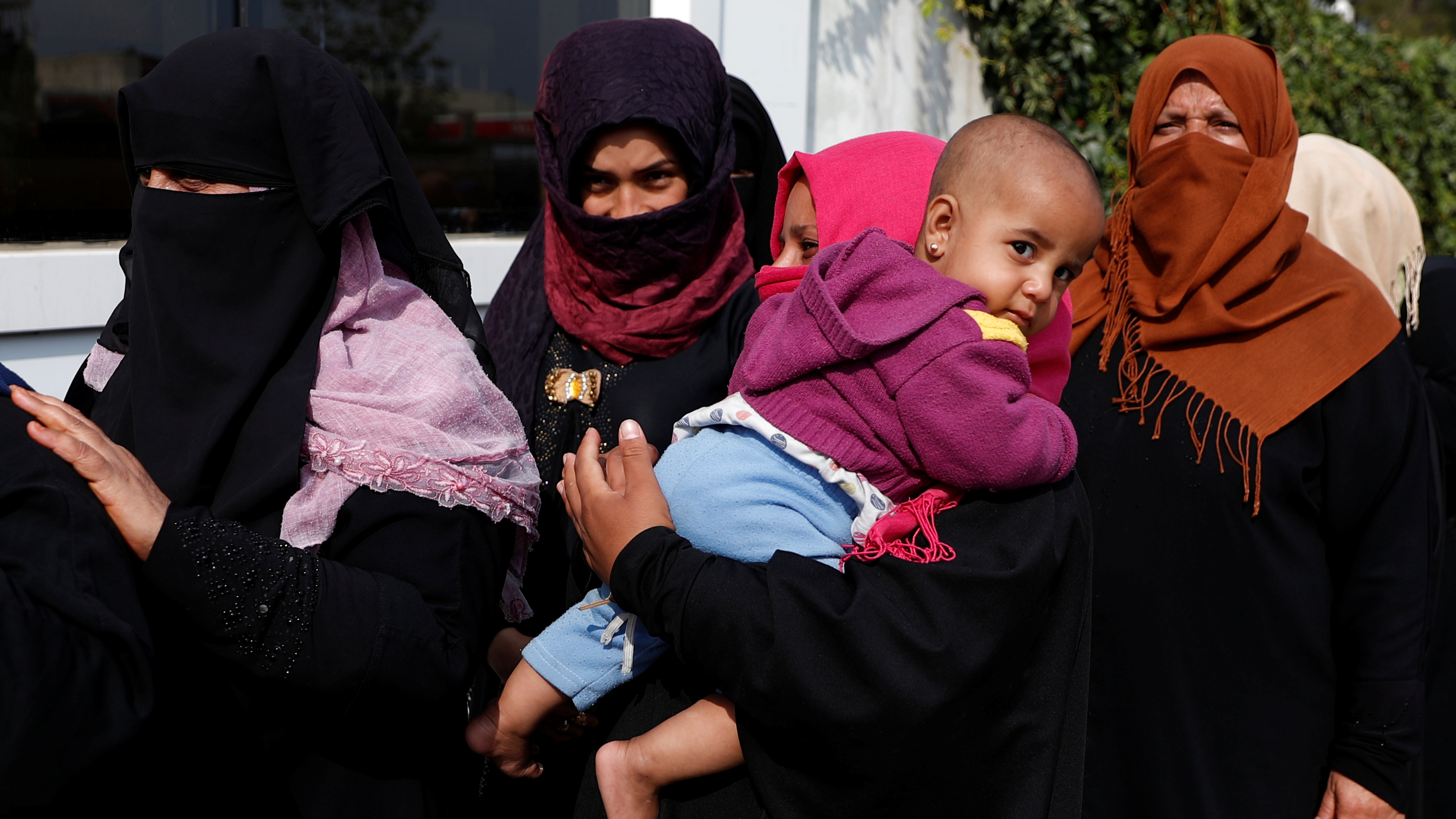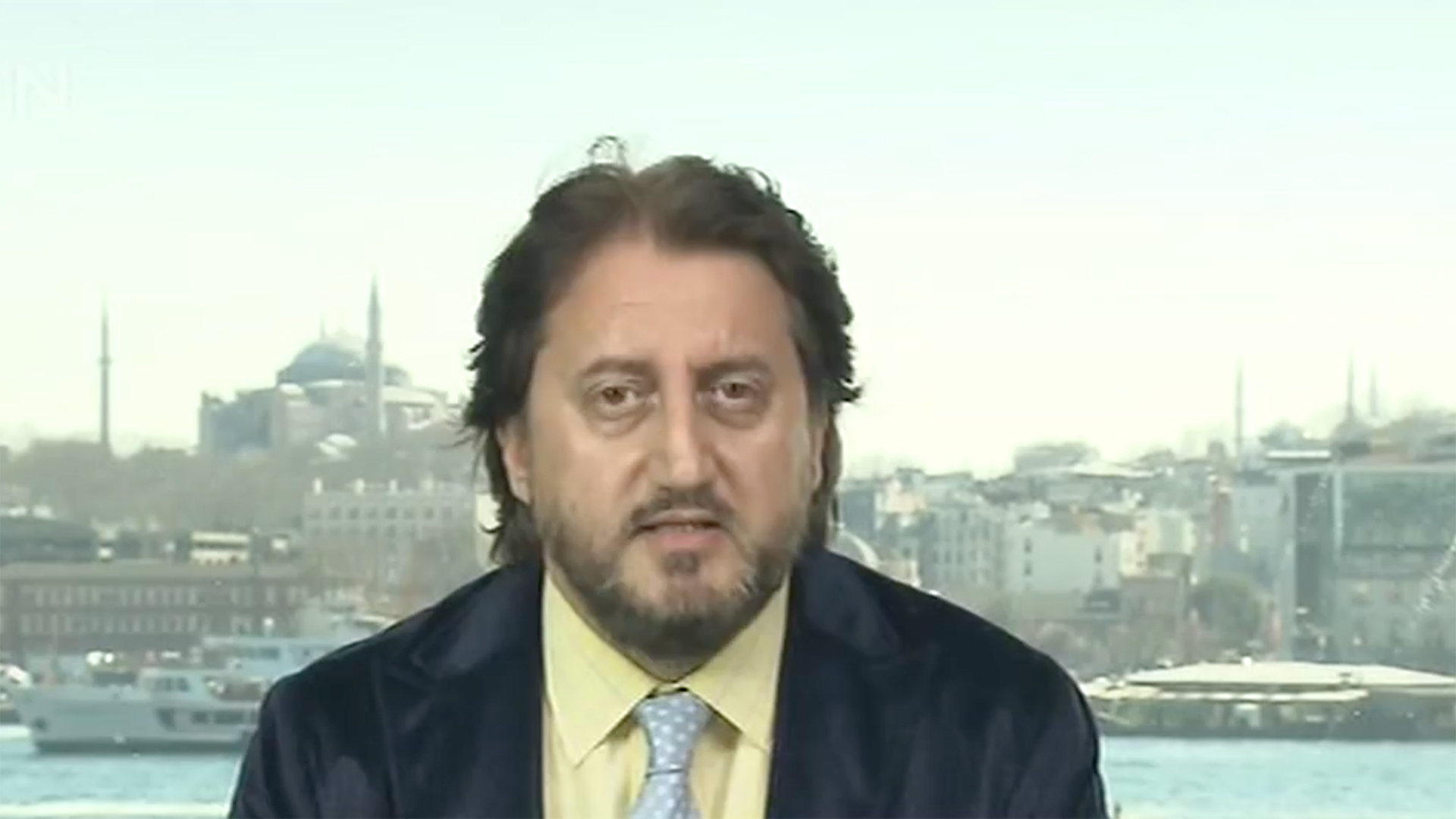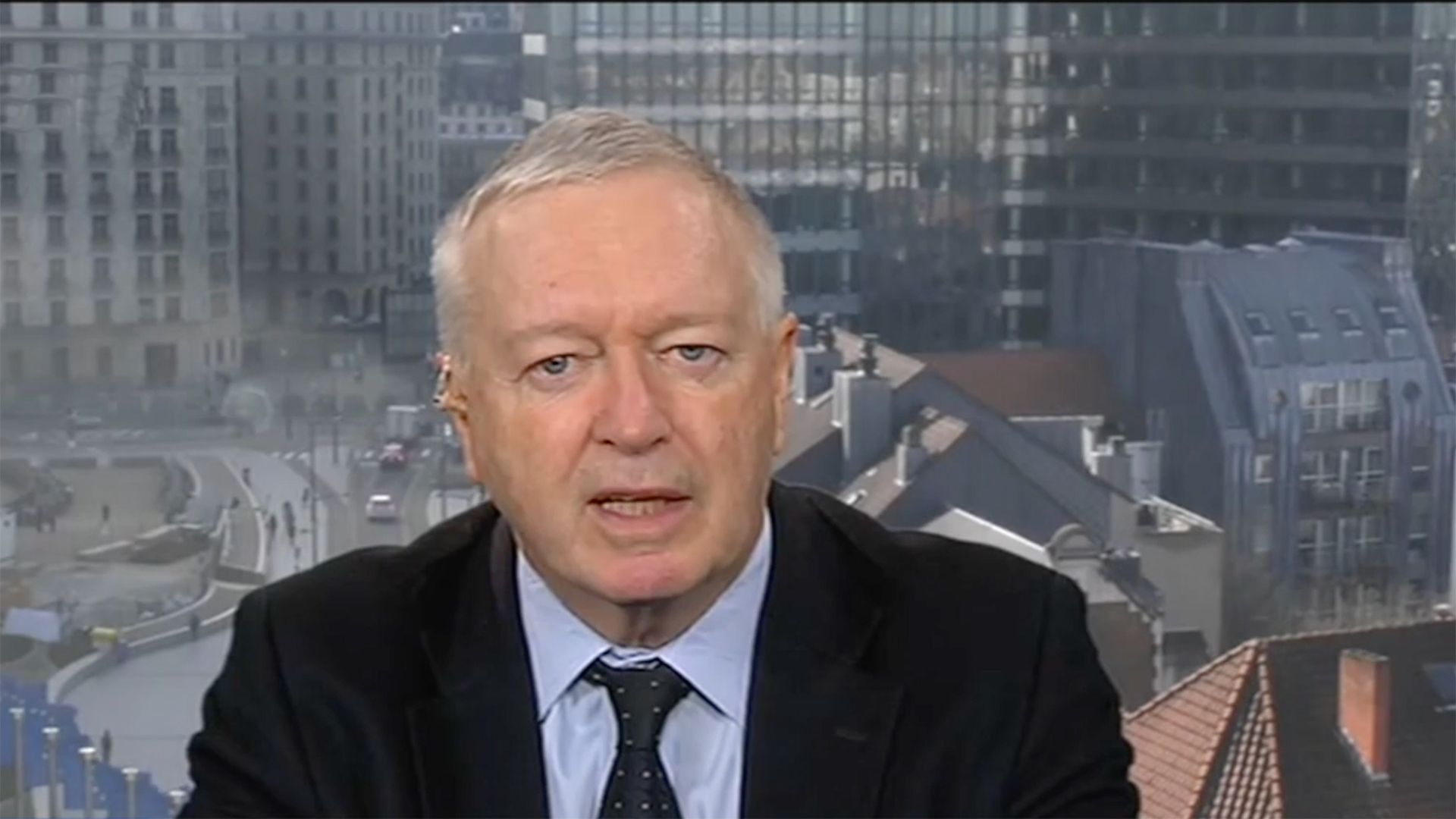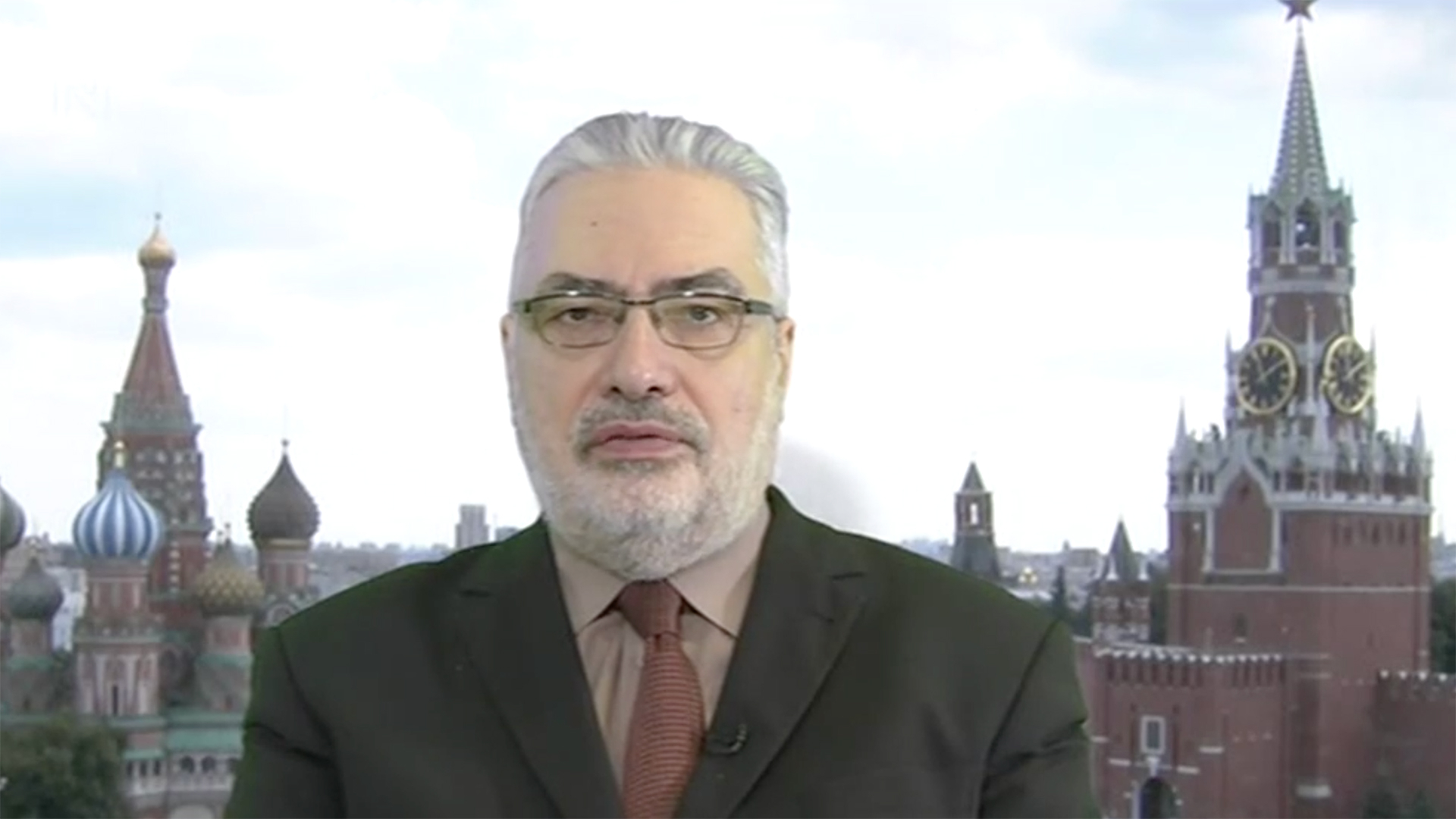00:35

At the end of February, Turkey stopped preventing refugees from trying to reach Europe, resulting in tens of thousands massing at its borders. Turkey has repeatedly warned of the risk of the migrant situation getting out of control in recent years, but why did President Erdogan decide to open the gates now? What escalated the situation that led to this latest development? How will the EU handle the current threat of a large influx of refugees?
Fraser Cameron, director of the EU-Asia Center in Brussels, believes Erdogan made the decision because of domestic pressure in Turkey as well as the escalation of the situation in Syria.
"For one, he is in domestic trouble at home and wants a diversion," Cameron said. "Secondly, he has particular problems in Syria after what happened to Turkish forces there, so he is looking to the EU and NATO for support. NATO is not going to provide the air cover he wants, unfortunately. So he is now using the refugee card as a means to try to get more money out of the EU."
02:32

EU foreign ministers said they would work to stop illegal migration into the bloc. Serkan Oral, Turkish political analyst and writer, said Europe has failed to keep its promises under the 2016 EU-Turkey refugee deal to help migrants.
He said: "It didn't work because of the EU side. Greece was responding with tear gas and killing women and children coming to the border from the Turkish side. Turkey in 9 years of civil war has made refugees' conditions better and better. Next week, EU leaders are coming to discuss the refugee crisis, there should be a new start for them, the EU values are not working at the moment."
Fraser Cameron admits that the EU is not doing enough on the issue of refugees. "I think Erdogan has a point, he is hosting 3 to 4 million refugees from Syria and elsewhere. The Europeans after 2016 took maybe a million, since then basically shut their borders. Frankly, it's a bit of disgrace that Europe is not able to take more refugees. The EU is not fulfilling its side of the bargain."
00:48

In recent years, Turkey and Russia have clashed repeatedly in Syria, but still deepened relations on multiple fronts. Pavel Felgenhauer, a Russian defense analyst, agrees that President Erdogan is trying to seek more support on Syria and put pressure on the EU by using the refugees as leverage.
"Apparently, it was to put more pressure on the European Union, for them to support Turkey in its stand over Idlib. And most likely Erdogan believed that Europe has not lived up to the 2016 agreement and has not provided enough funding they promised."
On the complicated ties between Turkey and Russia, Pavel Felgenhauer said that the bilateral cooperation was mostly on diplomatic terms, Putin and Erdogan might see each other as forceful and reliable allies, but the countries' militaries would think the other way around.
00:43

"It should be understood that in the Russian military, diplomatic policy by Putin was never really approved. And the same happened on the Turkish side in Turkish military. So the militaries of Turkey and Russia don't really like each other. Though the leaders tried to build an alliance, those in the military were opposing it."
"Dialogue with Yang Rui" is a prime time English-language daily talk show on CGTN. The 30-minute program covers a wide range of domestic and international topics, providing a balanced and critical perspective on current affairs and analysis within the framework of cross-cultural and multi-disciplinary comparisons.
Schedule: Monday-Sunday
Time (GMT): 03:30, 11:30, 19:30
(If you want to contribute and have specific expertise, please contact us at opinions@cgtn.com.)